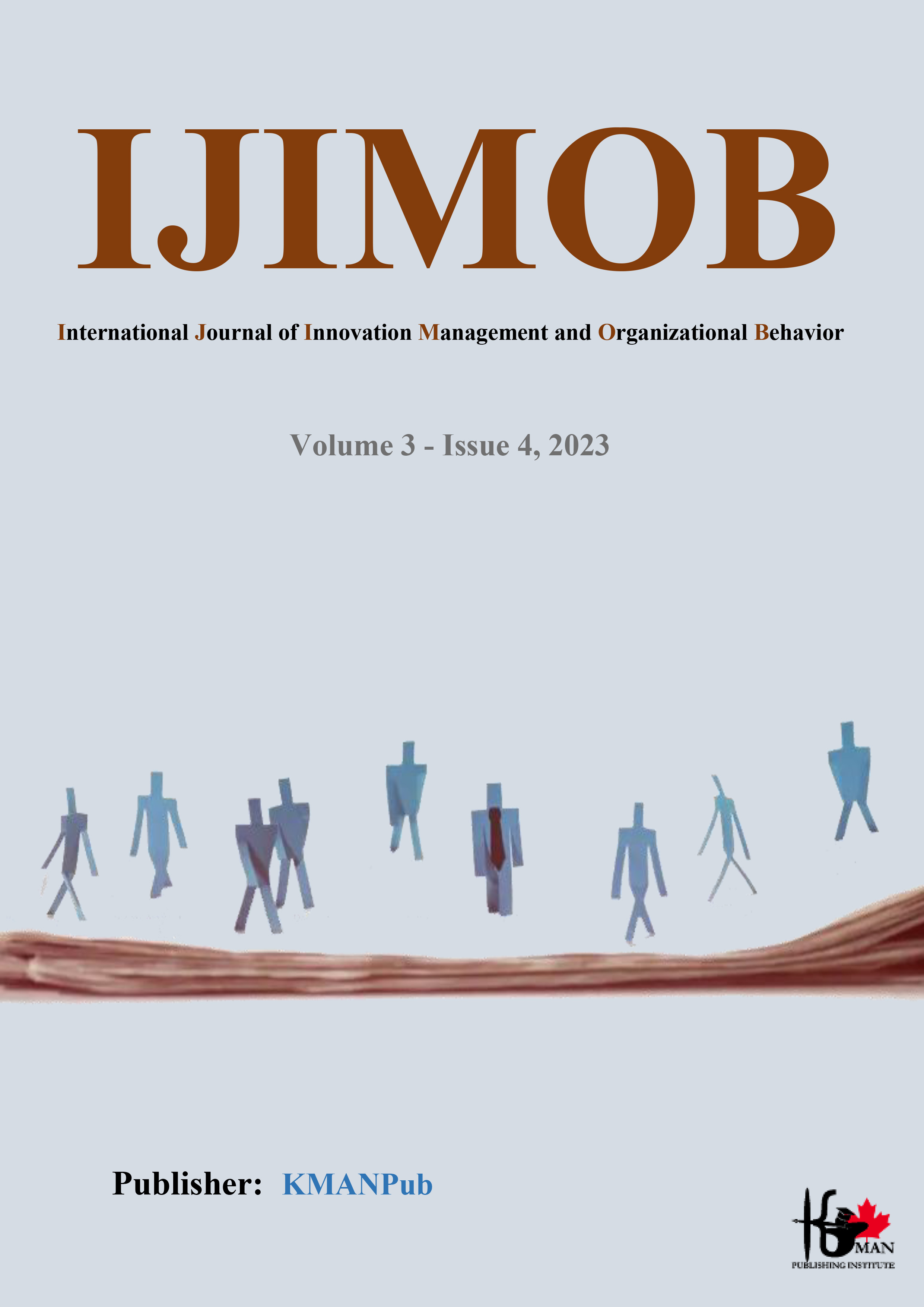A Comparative Review of Postdoctoral Experiences Around the World
Abstract
Objective: To compare postdoctoral experiences globally, focusing on funding models, career development, work environment, and the challenges and opportunities in diverse academic disciplines.
Method: A comprehensive review of recent literature and academic sources was conducted, focusing on various countries and disciplines. This review included qualitative and quantitative studies, reports, and firsthand accounts from postdoctoral researchers.
Findings: The analysis revealed significant disparities in funding models, with some regions offering robust governmental support while others rely on competitive grants. Career development opportunities varied, often influenced by regional academic and industry demands. Work environments also differed markedly, with some offering supportive and balanced atmospheres and others posing challenges like job insecurity and limited work-life balance. Additionally, the challenges and opportunities faced by postdoctoral researchers were found to be closely linked to geographic and institutional contexts.
Conclusion: The global postdoctoral landscape is marked by diversity and disparity. These findings underscore the need for more equitable distribution of resources and support systems. They suggest that policy reforms and institutional strategies should be directed towards creating a more balanced, supportive, and globally interconnected research environment.
Downloads
Downloads
Additional Files
Published
Issue
Section
License
Copyright (c) 2023 Ehsan Ehteshamnejad (Author)

This work is licensed under a Creative Commons Attribution-NonCommercial 4.0 International License.
















